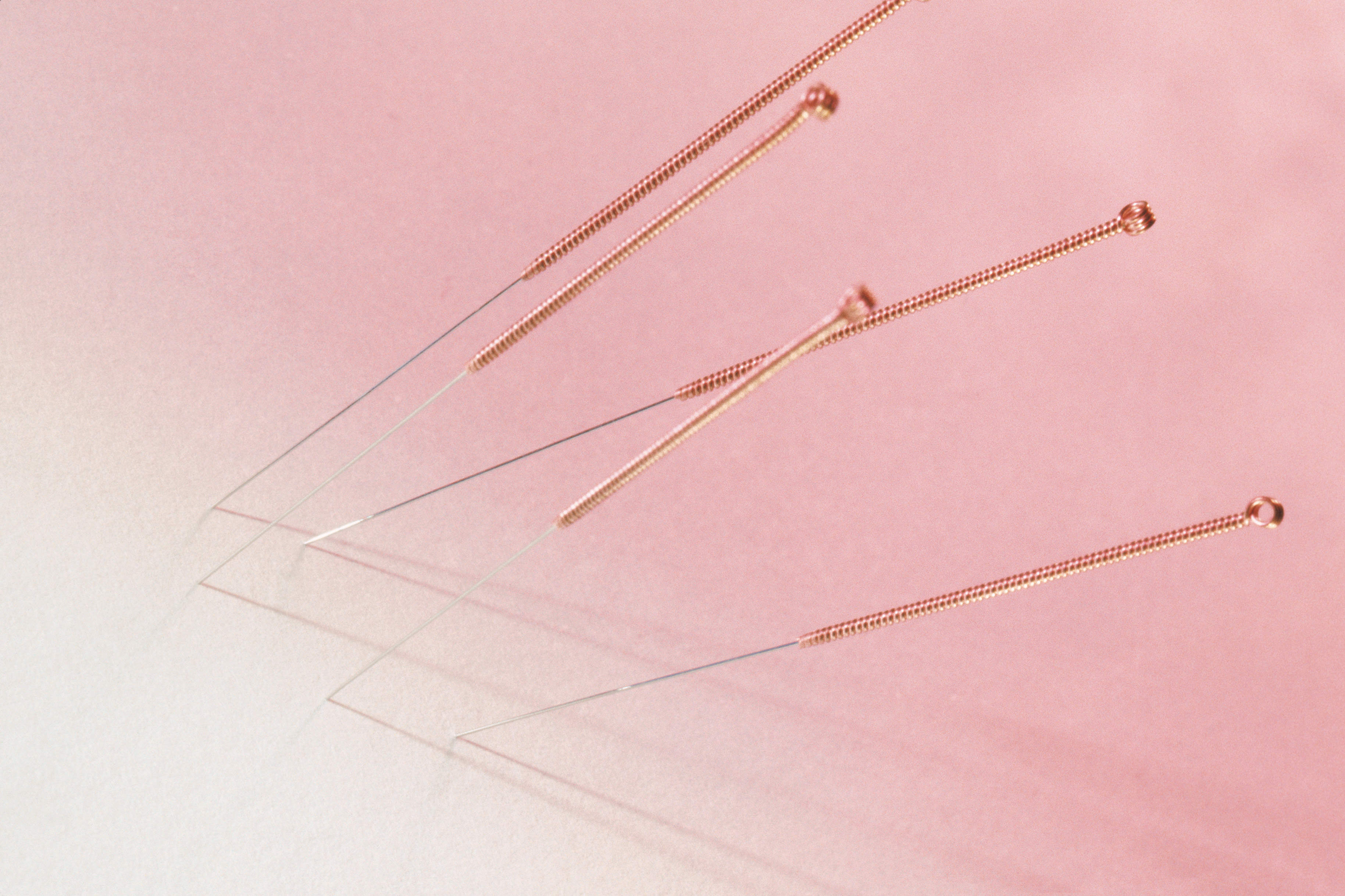Acupuncture
What is acupuncture?
Acupuncture is a therapeutic technique of oriental medicine which is rapidly growing in popularity in Western countries. This technique is rooted in traditional Chinese medicine (TCM) and is currently one of the common complementary alternative medicine treatments for chronic pain, musculoskeletal problems, anxiety, depression and many other illnesses and conditions. According to TCM theory, a vital life force called Qi flows throughout the human body to maintain the physiological, mental, and spiritual health of an individual. The treatment involves the insertion of very fine single-use sterile needles into different parts of the body to stimulate specific areas (acupuncture points) for therapeutic purposes. The purpose of needling is to stimulate sensory nerves in the skin and the muscles to aid the body in producing natural pain-relieving and stress-reducing substances called endorphins.
Acupuncture is an evidence-based and safe therapy
The growing prevalence of chronic pain and other long-term debilitating conditions is putting immense pressure on Western healthcare systems. This has resulted in some additional funding becoming available for scientific research of alternative medicine techniques. Acupuncture is one of the complementary alternative medicine treatments that has already shown a lot of promise. For example, according to a study conducted in 2019, acupuncture treatment frequently results in the improvement of acute and chronic pain. In addition, a more recent study carried out by neuroscientists at Harvard Medical School concluded that electroacupuncture treatment works to reduce inflammation in the body which may help with relieving chronic pain and other conditions. Acupuncture also has shown promise for treating depression and anxiety in numerous studies.
In addition, this complementary treatment has virtually no long-term risks and has been shown to be safe which is confirmed by a range of studies. Moreover, Acupuncture can be safely combined with conventional medical treatments.
What to expect during an acupuncture treatment?
The initial acupuncture session always involves an evaluation of your general health, past medical history and a physical examination. The practitioner will talk to you about your condition, its severity and duration and ask questions about sleep patterns, digestive issues, energy level, emotional predisposition, diet, etc. An Acupuncturist will also examine the colour and shape of your tongue, complexion, fingernails, and pulse quality. This helps the practitioner to understand where general imbalances may be present in the body. It is crucial to determine the type of treatment you will receive.
Acupuncture needles are single-use, pre-sterilised needles that are disposed of immediately after use. The needles used for acupuncture are very thin compared to standard injection needles, so insertion usually causes little discomfort. Patients report a slight pinch upon insertion, but after the needle is in place, most don’t feel it. If a patient experiences discomfort, a practitioner can easily adjust or re-insert the needle.
An acupuncture session usually lasts about 60 minutes. Courses of treatment often involve several separate sessions once or twice a week. Five to ten weeks is the typical course of treatment; however, it can vary depending on patients’ responses and the condition treated. Based on the patient’s diagnosis, a practitioner may recommend a combination of TCM techniques in addition to acupuncture therapy.
After acupuncture sessions, most people feel a sense of calmness and relaxation.
